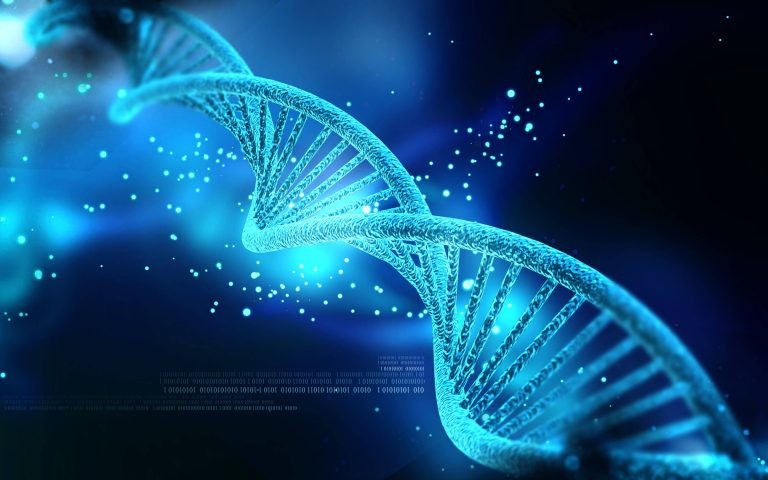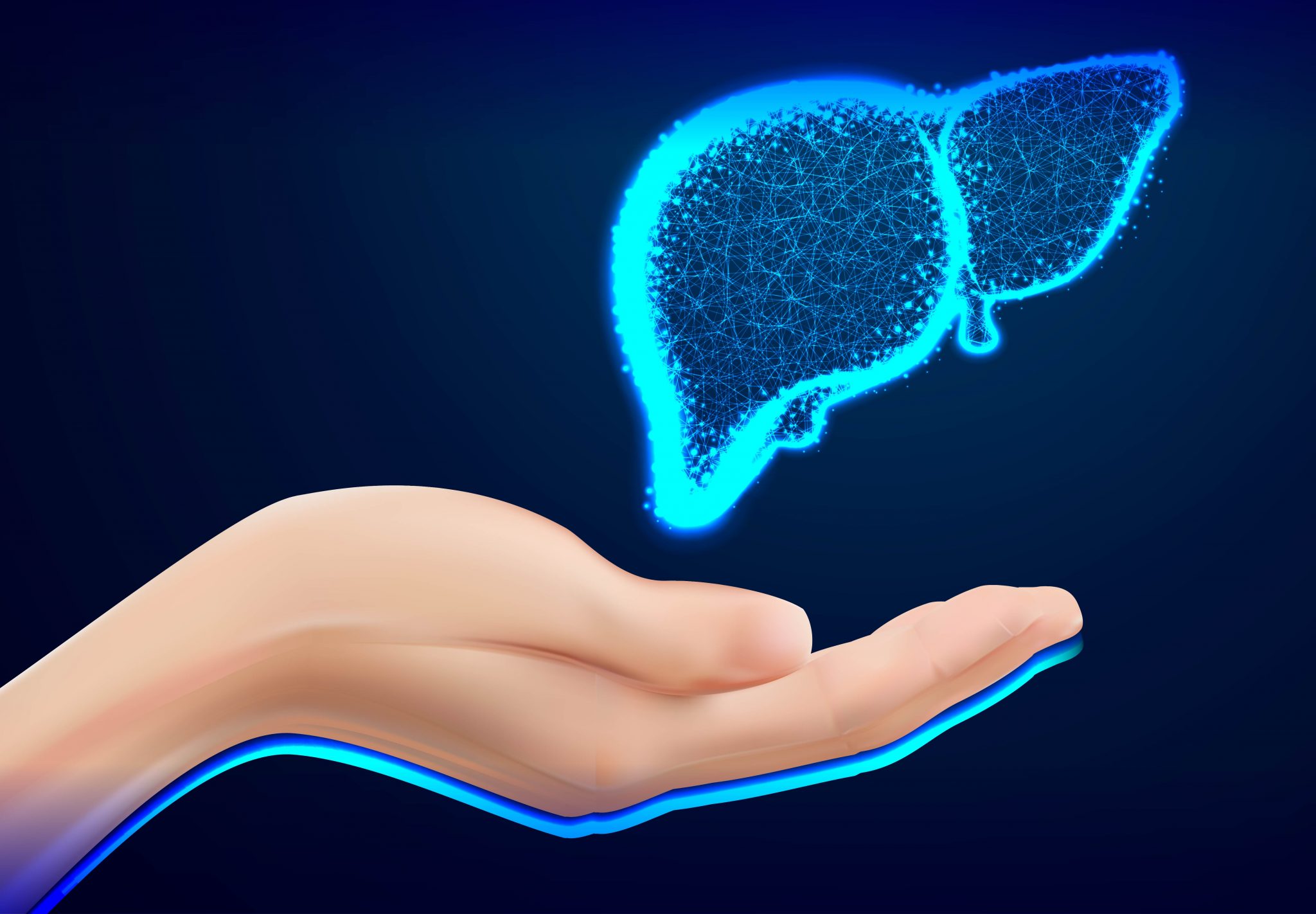The Human Genome Project began in 1990, aiming to map and sequence the whole structure of the human genome. In 25th April 2003, the Human Genome Project was declared completed. In April 2018, it marks the 15th anniversary of its completion.
Whether you realize it or not, many parts of our daily lives are influenced by genomic information and genomic technologies. Genomics now provides a powerful lens for use in various areas – from medical decisions to food safety, to ancestry. But still, the awareness about genomics is still in its infancy, some people doubt the accuracy of genomics.
Ok, so what are genes?
We gave a brief introduction to DNA here, but essentially genes are the basic physical and functional unit of heredity. Genes, which are made up of DNA, act as instructions to make molecules called proteins.
Every person has two copies of each gene, one inherited from each parent. Most genes are the same in all people, with only a small difference in our genes (less than 1% of the total). Alleles are forms of the same gene with small differences in their sequence of DNA bases. These small differences contribute to each person’s unique physical features.
In layman term, gene carries information that is unique to each of us that makes us different from one another.
DNA Sequencing is becoming a lot cheaper and faster!

In 2011, Steve Jobs had his DNA sequenced for $100,000 in his attempt to fight cancer, which wasn’t affordable for most of us.
With technology advancement, scientists can now read the order of six billion individual building blocks contained in our genome, in about a day and for about $1000. The leap in technology will further enhance remarkable genomics-based advances in medicine, agriculture, forensics, and our understanding of evolution.
Then, why should I care? How could genome sequencing impact my life?
In the previous centuries, healthcare focused mainly on working out generalized solutions with which the biggest ratio of ill people could be treated, which is “one-size-fits-all” method.
With the refinement of diagnostic tools, the detection of viruses or bacteria, cheaper genome sequencing and big data, healthcare has been going through sweeping changes since the start of the last century. The experience-based and somewhat “trial-and-error” approach of medicine made place for evidence-based precision medicine.
In short, a personalized healthcare solution that is tailor made for us will be available in the future. Thanks to advancement in genome sequencing, big data and deep learning, it becomes possible to get down even more deeply into the roots of diseases and treatments.
But bear in mind, DNA doesn’t tell you a definitive answer.
For example, you might have a higher risk of getting breast cancer based on your genes, but it doesn’t guarantee that you will get it in the future.
DNA loads the gun, lifestyle pulls the trigger.
With this information, you can do breast self-check regularly, go for screening according to your genetic counsellor’s suggestion and change your lifestyle to reduce the risk.
What could I learn from my own DNA?
Scientists have found out quite a number of information from our DNA. Of course, a lot more research have to be done to understand DNA deeply. Here, I will list down 3 that are promising at the moment.
1. Drug Sensitivity

DNA test can potentially help you and your doctor personalize your treatment. Based on how your body metabolizes drugs, it could help in deciding the most appropriate medications and doses that may work best for you.
As a consequence, it could help improve your health outcomes, reduce the risk of side effects. Perhaps you could also save a significant amount of money by avoiding ineffective medications.
2. Cancer Risk
According to Cancer Research Malaysia, 1 in 4 Malaysians is affected by cancer. For example, breast cancer is the most common cancer among women globally. In Malaysia, the number of women diagnosed with breast cancer is expected to double in the next decade.
According to a research conducted, 1 in 20 Malaysians develops breast cancer due to inheriting the BRCA1 or BRCA2 gene. In another completed research showing that 1 in 9 ovarian cancers may be due to inherited alterations in the BRCA1 or BRCA2 genes.
Once again, DNA test gives you information that can empower you to take charge of your health. It could give you guides on doing regular checkup and lifestyle changes to lower your risks.
3. Nutrition & Wellness Management

If you are a coffee drinker, you might want to find out if you are a slow caffeine metabolizer or fast caffeine metabolizer from your DNA. Studies have shown that if you are a slow metabolizer, you are likely to experience symptoms like increased blood pressure, disrupted sleep, stomach pain etc.
DNA test can also tells you about your vitamin deficiency, sensitivity towards gluten and salt, glucose balance and effectiveness towards different diet. You can discover if low-fat diet or low-carb diet may be more suitable for you, based on your DNA. This can help you manage your own diet better.
What future lies ahead with personal genomics?
While we have no impact on what we inherit from our ancestor (although the CRISPR genome editing method might bring some changes there in the future), lifestyle and actively knowing our body depends on our decision. We can improve our health with data, feedback from healthcare professionals and good technologies.
The more we learn from our genome, the more precautions we can take to prevent diseases or catch them as soon as possible (early detection).
In Advanx Health, we aim to make personal genomics available for the general public. We also aim to push for progress in local research on precision medicine with more genomic data.
In order to transform current reactive healthcare into a personalized and preventive healthcare, personal genomics and precision medicine are the way to go.
Today, we celebrate genomics through awareness.

